Update: This article was last updated on 21th February 2024 to reflect the accuracy and up-to-date information on the page.
“You learn something every day if you pay attention.” – Ray LeBlond
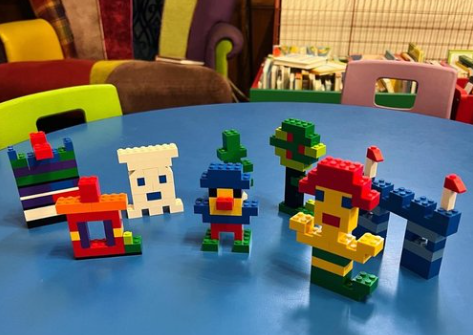
Mastering STEM with LEGO is about entering a world where creativity meets technology, where colorful bricks come alive with the magic of coding. Giving your children a solid foundation in STEM (Science, Technology, Engineering, and Mathematics) is essential in today’s quickly changing educational landscape. In this endeavor, LEGO, known for its adaptability and ability to promote creativity and critical thinking, has proven to be a potent tool.
When used in conjunction with coding, LEGO presents a special chance for kids to interact actively and hands-on with STEM subjects. This article explains the advantages of mastering STEM with LEGO and discusses project ideas that your kids can try to understand the relationship between STEM and LEGO.
Influence of LEGO on STEM Education
With its interconnecting, colorful bricks, LEGO not only stimulates creativity but also makes a great teaching tool for STEM courses. LEGO STEM activities enhance children’s problem-solving skills, spatial awareness, and fine motor skills while also functioning as a stimulant for their cognitive growth.
Additionally, the adaptability of LEGO enables the construction of intricate structures that may be effortlessly incorporated with coding projects, creating a comprehensive learning environment.
Benefits of LEGO STEM Activities
1. Interactive Learning
The practical, hands-on experience that LEGO provides for coding tasks is one of its most important benefits for your kids. With the ability to physically interact, they can learn in a kinesthetic way. STEM topics are better understood and are retained over time thanks to this tactile experience.
2. Multidisciplinary Methodology
Combining coding with LEGO enhances a multidisciplinary approach to teaching. Your child will be encouraged to apply mathematical concepts, logical reasoning, and engineering principles to their projects. This holistic approach strengthens individual disciplines while emphasizing their interconnectedness.
3. Promotes Innovation and Creativity
The endless possibilities of LEGO are fertile ground for imagination for your child. It enables them to turn their innovative thoughts into real-world, useful items when combined with coding. This fosters entrepreneurship from a young age and encourages creativity and unconventional thinking.
4. Applications in the Real World
Children can see the real-world applicability of STEM ideas through the frequent simulation of real-world scenarios in LEGO coding projects. To develop a deeper comprehension of the topic, this link between theory and practice is crucial. Kids not only comprehend the underlying theories but also gain an understanding of how these ideas are used in their daily lives.
LEGO-based creative coding projects
LEGO-based creative coding projects are another way of mastering STEM with LEGO.
1. Maze Solver
In this project, children use LEGO bricks to physically build a maze and then program a robot to move through it. Basic robotics, sensors, and algorithmic ideas are introduced in this exercise. It pushes them to use critical and logical thinking to come up with an effective maze-solving plan.
Image Source: https://bullshit.ist/
2. Weather Station
Children can build a LEGO weather station equipped with sensors to measure temperature, humidity, and other weather-related information for a more interdisciplinary approach. They can then program the station to present this data in an approachable manner. This project offers a thorough STEM experience by integrating aspects of meteorology, engineering, and data visualization.
3. Low-Tech Devices
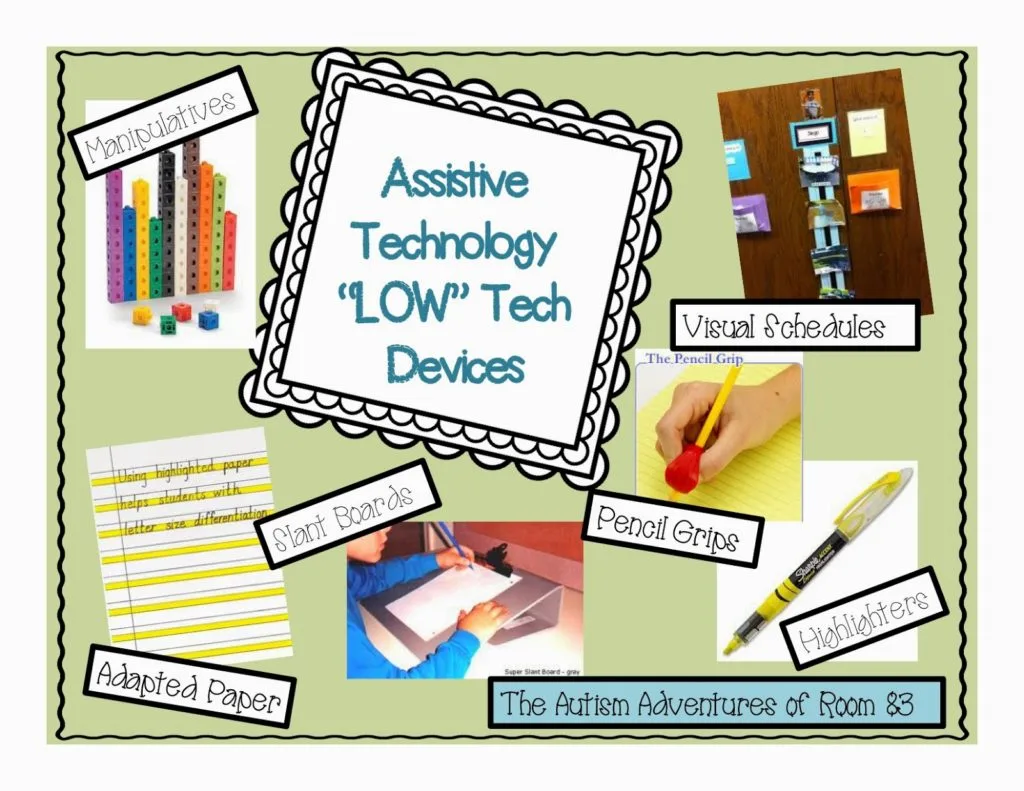 Image Source:https://www.autismadventures.com/
Image Source:https://www.autismadventures.com/
Children set out to build various simple machines using LEGOs in this project. Then, they program these devices to carry out actions like lifting objects, changing motion, or even building a Rube Goldberg device. With the help of this project, your child may learn the application of engineering principles in the real world and how abstract mechanical ideas are translated into physical, useful objects.
4. interactive Storytelling
 Children can use LEGO to construct settings or characters, and then program them to interact in a digital story to foster creativity and storytelling abilities. The activity can encourage your child to think creatively and dynamically by effortlessly fusing storytelling with coding skills and information presented in an approachable way. This project offers a thorough STEM experience by integrating aspects of meteorology, engineering, and data visualization.
Children can use LEGO to construct settings or characters, and then program them to interact in a digital story to foster creativity and storytelling abilities. The activity can encourage your child to think creatively and dynamically by effortlessly fusing storytelling with coding skills and information presented in an approachable way. This project offers a thorough STEM experience by integrating aspects of meteorology, engineering, and data visualization.
5. Mars Rover Simulator
For an exciting twist, kids can create a LEGO Mars Rover and program it to carry out missions including gathering samples, navigating terrain, and transmitting data back to Earth. By incorporating aspects of engineering, physics, and planetary science, your child can explore the world of robots and learn about the interesting field of space exploration.
Closing Thoughts
After going through the STEM-based imaginative coding LEGO projects and their benefits, we can say this is a fun and practical way of mastering STEM with LEGO. It encourages experiential learning, encourages creativity, and fills the gap between academic understanding and practical implementations.
By combining LEGO and code, educators empower the next generation of innovators and problem solvers. So let’s start this thrilling learning journey one LEGO brick at a time!
Moonpreneur is on a mission to educate and ignite the flames of entrepreneurship through our holistically created online STEM programs, which will help kids master the futuristic sciences such as Robotics, Game Development, App Development, Advanced Math, Math-Quiz to test your kids knowledge, and much more!!
Register for a free 60-minute robotics workshop today!




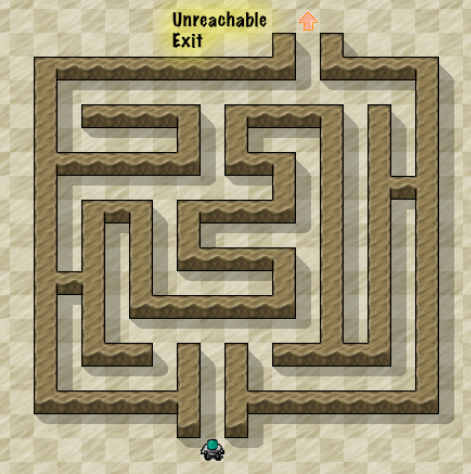
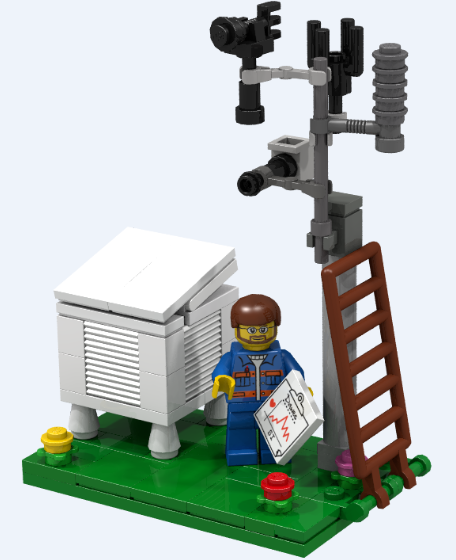
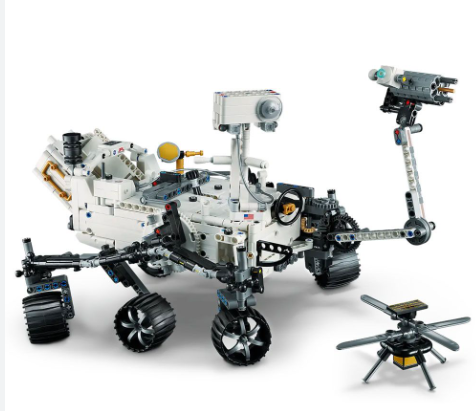







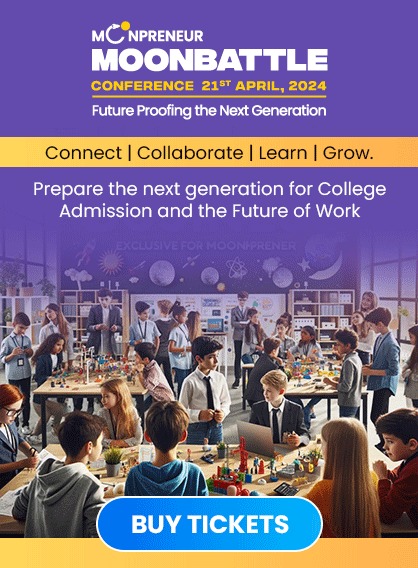




How do I choose a master research topic?
These Guidelines will surely help you out for Decision-Making.
What is the best research topic for STEM students?
These are the best research topics for STEM students